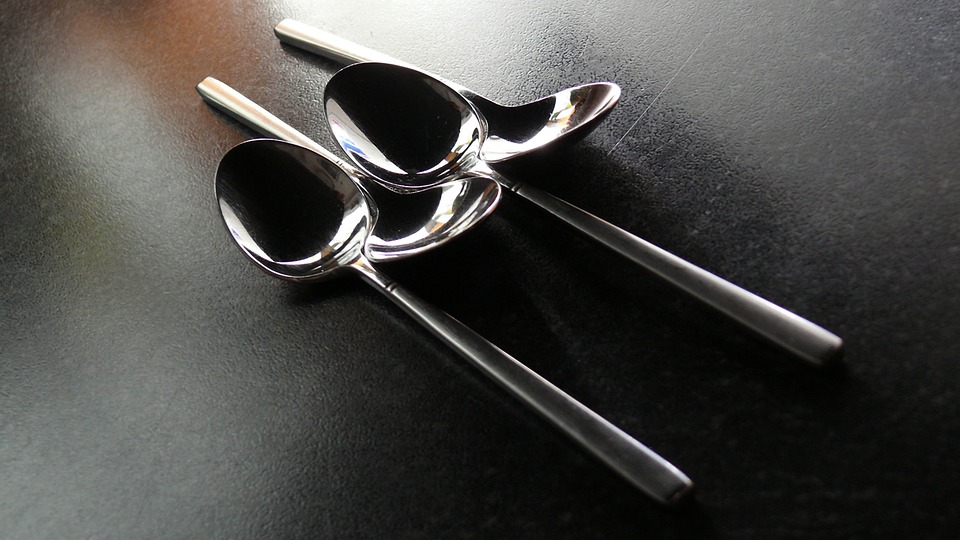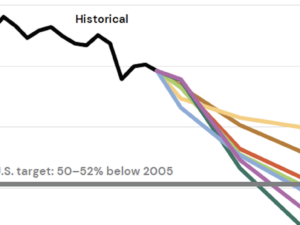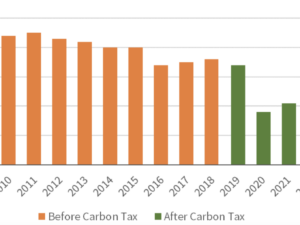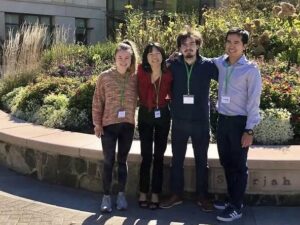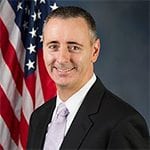Do not try to bend the spoon
By John Sabin
The following is taken from a Community post written by John Sabin, CCL Regional Coordinator for the Great Lakes Region. You can view his original post and give it the love that it deserves here.
In a scene from the movie, The Matrix, the character Neo, played by Keanu Reeves, comes across a young boy who is able to bend spoons with the power of his mind. The boy hands a spoon to Neo and says, “Do not try to bend the spoon. That’s impossible. Instead, only try to realize the truth: there is no spoon. Then you’ll see that it is not the spoon that bends — it is only yourself.” Following this advice, Neo is also able to bend a spoon with his mind.
Is it possible that the boy’s advice can help us in working with members of Congress?
Over the last few months, I have heard from quite a few CCLers that working with their member of Congress is “so frustrating,” sometimes to the point of chapters choosing not to schedule lobby meetings. We get frustrated because our MOCs are hyperpartisan, because they don’t support climate action, or even when they do support climate action but they don’t support carbon fee and dividend. So much frustration!
It is tempting to think that we can bend our members of Congress with the powers of our mind, but maybe that’s impossible. Perhaps it would help us to remember, “It is not the spoon that bends — it is only ourselves.” Perhaps we do not have to bend or change our members of Congress. Perhaps we only need to change ourselves.
We do not have power over members of Congress, but we do have power. We have the power of kindness, the power of understanding, the power of respect, appreciation, and gratitude, and even the power of love. (That’s our superpower!) So maybe we should let go of trying to bend our members of Congress, and focus instead on bending ourselves by tapping into these special powers.
Frustration comes in that gap between what we want and what is, especially when we cannot seem to change what is. But we can let our frustration serve as a signal that turns us back towards what is actually possible. Trying to change members of Congress is sometimes like trying to bend a spoon with our minds, and this is impossible. “It is not the spoon that bends — it is only ourselves.”
And if we do change ourselves, will it also change our members of Congress? I don’t know, but it just might soften them.
Someone in my region recently sent me this story: “Our member of Congress seems rather unlikely to ever cast a vote with us. But over the years our local team has developed a warm and respectful relationship with the young staffer in that office. It wasn’t always this way! At first this staffer seemed quiet as a stone, and we found her quite difficult. Over time, though, as we have consistently treated her with warmth and respect, she has also warmed to us. Now she seems open and forthcoming, and she tells us that she looks forward to our meetings — and we look forward to meeting with her. We now have hope that our MOC might actually vote yes this month on one of the bills we’re supporting!”
I think this is the wisdom of the CCL approach. When we focus on building relationships through kindness and respect as our first priority, then other people tend to respond to us with kindness and respect. This may be the meaning of “there is no spoon — it is only yourself.” That which appears to be other than ourselves is, in reality, a part of ourselves. When we treat the other as we would treat ourselves, there is a kind of magic that happens. This magic — the magic of seeing the other as oneself — changes both of us at once, and can perhaps melt the barriers to effective cooperation on the critical issue of climate change.
So, in our work, especially when we get frustrated, I think we might do well to remember, “do not try to bend the spoon — only try to bend yourself.”

